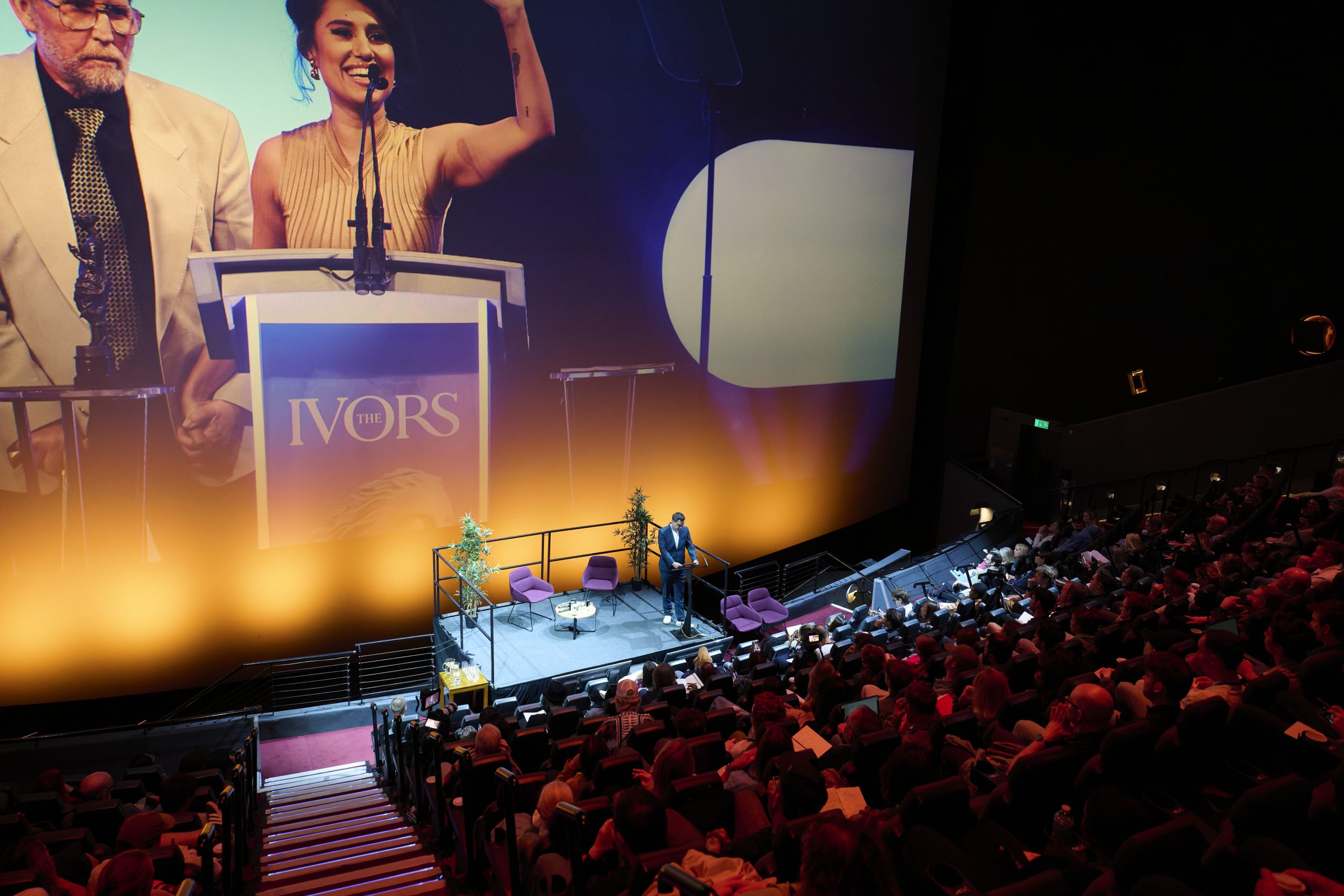This week the Ivors Academy and Musicians’ Union launched Keep Music Alive, a campaign to support music creators through Covid-19 and establish a more progressive industry model for the future. This includes a petition calling on the UK government to help the industry review the functioning of the streaming market.
This is because Covid-19 has prompted an important moment - a moment of scrutiny and recognition amongst music makers, music lovers and industry players that there is a lack of balance in the industry. Specifically, there is a disconnect between perceptions that all are benefiting from the huge riches streaming brings, with the reality that many music makers need hardship support.
This was made most evident in the week the Chancellor announced the first of his Covid-19 support packages and the BPI announced that labels had enjoyed another year of significant growth: revenues up by 7.3% year on year, fueled by streaming. Universal followed this announcing over $1bn in revenues from streaming in Q1 this year and the IFPI announced 56% of $20bn global revenues last year from streaming.
It is great to see the industry returning to profit and streaming driving this growth. But these profits and the bright future will not be enjoyed by the vast majority of music makers.
An insight into this new reality was gained from Rob Stringer, head of Sony Music Group, who said last year, "We reduced our overheads significantly… our margins are way better compared to the last great era of profit [CDs]… the amount of money we have to invest in talent has gone up… the cost of marketing has come down."
While the major labels play an important role, their story is not that of the whole industry and their success should not come at the expense of songwriters and performers. All the time payments to the songwriter and the performer are kept down, the bigger the advances to major artists, huge payments to employees and further capitalisation of enormous multinational businesses. If it is true that it takes the royalties from 27 top tracks at a major label to pay the remuneration packages of the top five executives for one year, as one recent IPO filing suggests, the music industry clearly has a problem.
Creators are not in the business of undermining success, on the contrary they wish to see more success for the industry. Nor do they want to undermine the value that highly skilled employees bring to music businesses. But skilled label executives should not be valued at so much higher a rate than the skilled creators upon whom their businesses depend. If we are to have a prosperous music economy, we must adopt more progressive models through which profit is shared more widely with music’s inventors; the creators.
This was an argument we successfully put forward last year when creators fought side by side with industry colleagues to remedy the Online Value Gap: the battle to ensure online platforms are liable for, and share value with, the content that creates it. Implementation of the European Copyright Directive will bring more balance to the market, removing the distorting effect of 'parasitic growth' and introducing protections for creators earnings.
But why did we work so hard to grow the streaming pie if the pie is not going to be shared properly? It is time to replace the pre-digital record industry models with a system that is fit for our digital future. Currently payments are still structured around record labels being exclusively responsible for recording, manufacture, shipping and marketing. Those days are gone and now we see songwriters, publishers, performers, managers and producers investing heavily in developing music and acts. They do this in their own studios, at their own cost, in their own time and at their own risk.
Streaming services have done fantastic work returning our industry to growth after many years of recorded music decline. Some platforms are leading advocates for creators’ rights and doing the right thing over the long term. We can look forward to them increasing streaming subscribers and in time increasing the amount music fans pay. But if more money is to come into our industry it has to be paid out more fairly. This is what the consumer wants. They want their £9.99 a month to be paid to the artists, performers, songwriters and composers of the music they love.
And this is the key issue behind our calls for a government-backed review. We need to start a conversation about the reforms necessary to fix streaming for the future.
Creators have views on this. They are asking what a fair split of streaming revenue for labels, artists, performers, songwriters and publishers should be? Why is subscription revenue being paid to music that the user has never listened to? Why is there a streaming black box and why is it being paid to the most popular music? Why are non-featured performers excluded from streaming royalties? Why aren’t collecting societies being more active and transparent in licensing and distributing streaming royalties? Do we need more regulation of the streaming market?
Covid-19 is a time to take stock and ask questions. It should also be a catalyst for action. If the system is not reformed now, the distortions and imbalance will increase in the years to come. As Spotify CEO Daniel Ek put it: “The 20-year trend is that everything linear dies, and on-demand wins. This is a trend that we suspect will be accelerated by the Covid pandemic.”
If Daniel is right and streaming wins and linear dies, the need for this discussion is now. Linear radio and TV royalties are the lifeblood of creators’ earnings and if they are paid on the streaming model in future, the result will be devastating for creators.
Many in the industry now see the benefits of moving to a more progressive model. We invite all sections of the industry to add their names to the petition and contribute to the discussion.
This article was first published in Music Week on 12 May 2020




